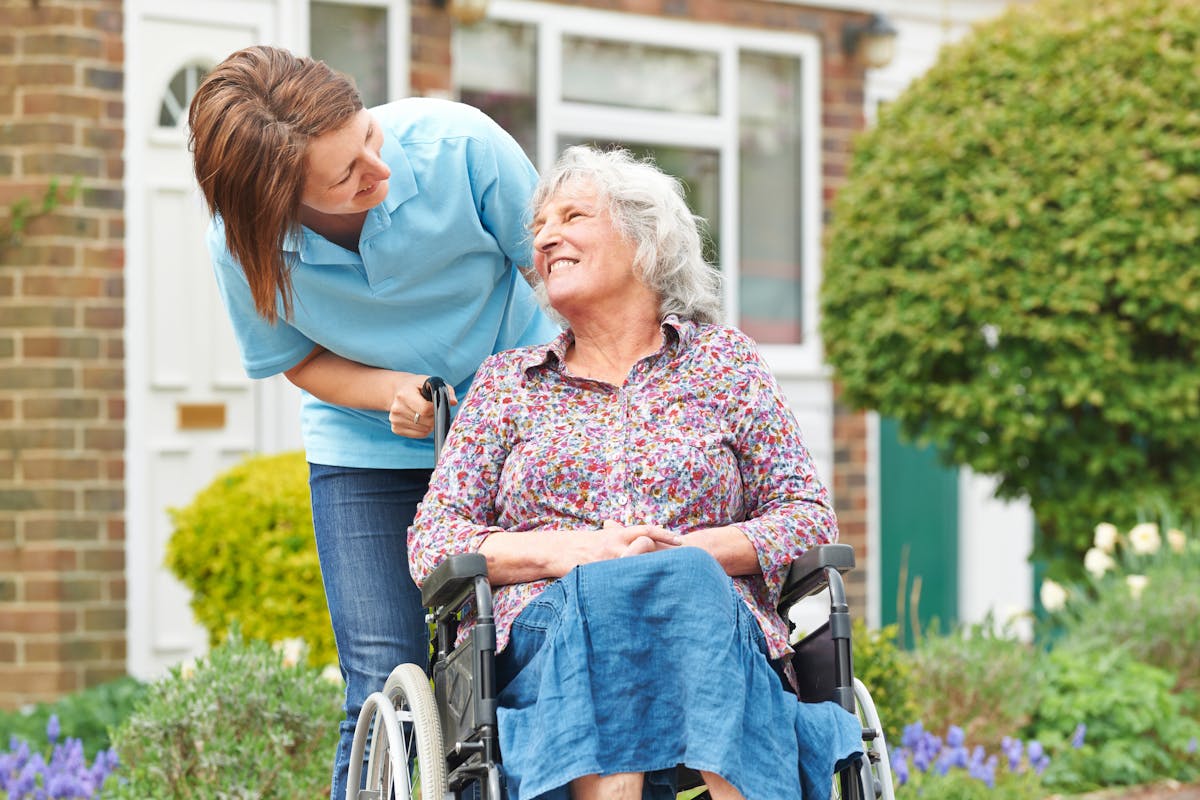How to Support a Senior’s Needs Without Taking Over

As we grow older, maintaining our sense of independence and feeling that we can safely manage our own lives becomes increasingly important to us. That’s why helping a senior loved one requires a delicate balance of respect, empathy, and collaboration. It’s vital that you approach the situation with a genuine desire to help, rather than trying to take control.
If you are wondering just what that means, we can help. Here are some ideas that may be useful in supporting the needs of an aging family member while still protecting their independence.
Tips for Providing a Helping Hand to an Aging Loved One
The first step in assisting an older adult without taking over is to understand their specific needs and preferences. This means engaging in open communication and active listening. Take the time to ask your loved one directly about the areas where they might appreciate help. It could be anything from household chores to managing appointments, or simply having someone to accompany them on outings.
But providing meaningful assistance also requires you to pay attention to what they do—or don’t do—as well as what they say. For example, your family member might be too embarrassed to tell you that they are having a tough time with personal care or are fearful of falling as they get into or out of the shower. Signs they are struggling might be body odor, disheveled hair, or wearing the same clothes several days in a row.
Once you have a better understanding of your senior family member’s challenges, you can find positive ways to offer your assistance:
- Encourage independence
Promoting independence is crucial for a senior’s overall well-being and self-esteem. Encourage them to continue doing tasks they can manage on their own. Offer a helping hand when it’s genuinely needed or requested. This might mean patiently waiting while they complete a task at their own pace, rather than intervening immediately.
On the other hand, be sure to consider your loved one’s safety. Maintaining independence requires that you create a safe environment. That includes factors such as understanding the leading causes of falls, setting up a medication management system, and more.
- Respect their space
Respecting the senior’s personal space and privacy is essential. Avoid rearranging their belongings or making decisions about their living environment without consulting them first. Always seek their input and permission before taking any actions that directly affect their daily life.
- Provide emotional support
Sometimes the most valuable form of assistance is emotional support. Aging can be challenging, and seniors may appreciate having someone to share their concerns with. Listen attentively and offer reassurance without dismissing their feelings. Avoid using phrases that might demean their struggles, such as “I know how you feel” or “You shouldn’t feel like that.”
- Be mindful of tone and body language
Our last tip is to be careful of the tone of your voice and your body language. Both might leave your family member with the wrong impression about your desire to help. Try to watch how you express yourself just as closely as the actual words you use.
Consider Investing in a Personal Emergency Alert System
Finally, having a way to call for help in the event of an emergency might give your family member peace of mind. By investing in a mobile monitoring unit, one that can be accessed from almost anywhere, you’ll both likely rest easier. In case of a medical crisis or other emergency, a simple press of a button will connect the senior with someone who can help.
Call 1-844-203-5617 to learn more today!